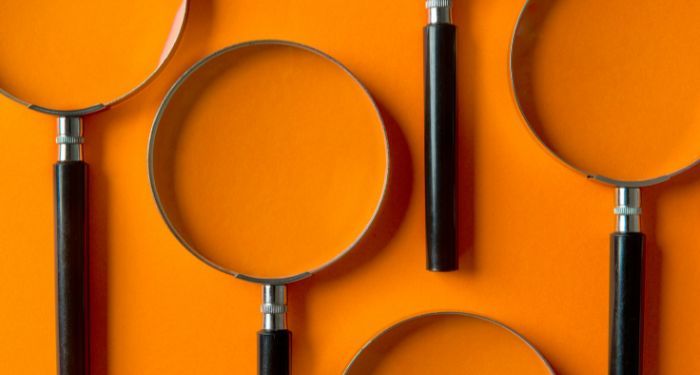I’m rounding out the second year of my second master’s degree program this semester. I earned my Masters in Information Studies back in 2008, and now I’m working my way through a Masters in Clinical Mental Health Counseling. Obviously, the coursework is of interest and of benefit, but one element of going back to school that I had not considered was access to an array of research via the academic library. A lot of public libraries have access to databases, though because they serve the public, the primary research reports are not always as easy to get your hands on as they are in a college or university.
All of that is to say that over the last two years, I’ve had fun digging into research that I may otherwise never know or hear about. These are studies that do not often get publicity outside of the research circles they are published in, even though they offer interesting insight and perspective for the average non-academic person. Sometimes, this is by design–the study is small or meant to be the first in a series of lengthier projects, or the design is limited, not offering as broad an application as desired–but more frequently, it’s because studies like these aren’t easy to package for a two-minute news segment. Let’s take the opportunity to wander through some of the latest research from a variety of professionals about books, reading, and literature. These are the kinds of studies that make you want to learn more or that send you down your own rabbit hole. Reading is good for us, and there’s scientific research to back it up. I’ve included the citation information for all of the below so you can track them down, too.
Do You Remember The Name of That Book? Why You May or May Not.
I don’t know about you, but I judge a book by its title, and more, I always notice title trends. Remember the era of Twilight and how, for years after, the one-word title reigned supreme in YA? Then there were the A ___ of ____ and ____ titles. Now we have some fun sentence-style titles, as well as plenty of titles giving us a full character name in them. But what exactly draws readers into a book title, and what makes them recall a title? That’s the question behind Barnes and Black’s research–Barnes, a.k.a. Jennifer L. Barnes, is a bestselling YA author who has written a lot of interesting stuff about psychology and books.
In the study, the researchers looked at the four reasons why people are drawn into fictional stories. These include the way it allows us to enter the mind of someone else, that it mimics a desire to engage in gossip, that it offers moral value, and that it offers pleasures related to those hard-wired into us as humans. It turns out that readers liked book titles that tapped into these arenas more than they did the control titles (those were bestsellers that did not elicit mind, gossip, morals, or pleasures in their titles). Over time, readers recalled the titles of books that tapped into gossip, morals, or pleasures more than they did mind, and gossip-related titles were those most remembered when it came to short book titles.
Published in Psychology of Aesthetics, Creativity, and the Arts, May 2022.
Kids Get Absorbed In Literature, Much Like Adults
According to research conducted by Prezioso and Harris, professors in Harvard’s Department of Education, children between the ages of 9 and 11 can become absorbed in fiction like adults. To date, there had been no research specifically looking at the experience of reading like this in young people–it’s been focused on adults. This study noted that the frequency of reading doesn’t matter; avid and periodic readers in this pre-teen age group indicate absorption, a four-dimensional experience defined by “attention, transportation, emotional engagement, and mental imagery.”
Published in Psychology of Aesthetics, Creativity, and The Arts, June 20, 2023.
Click here to continue reading this free article via our subscription publication, The Deep Dive! Weekly staff-written articles are available free of charge, or you can sign up for a paid subscription to get additional content and access to community features.

